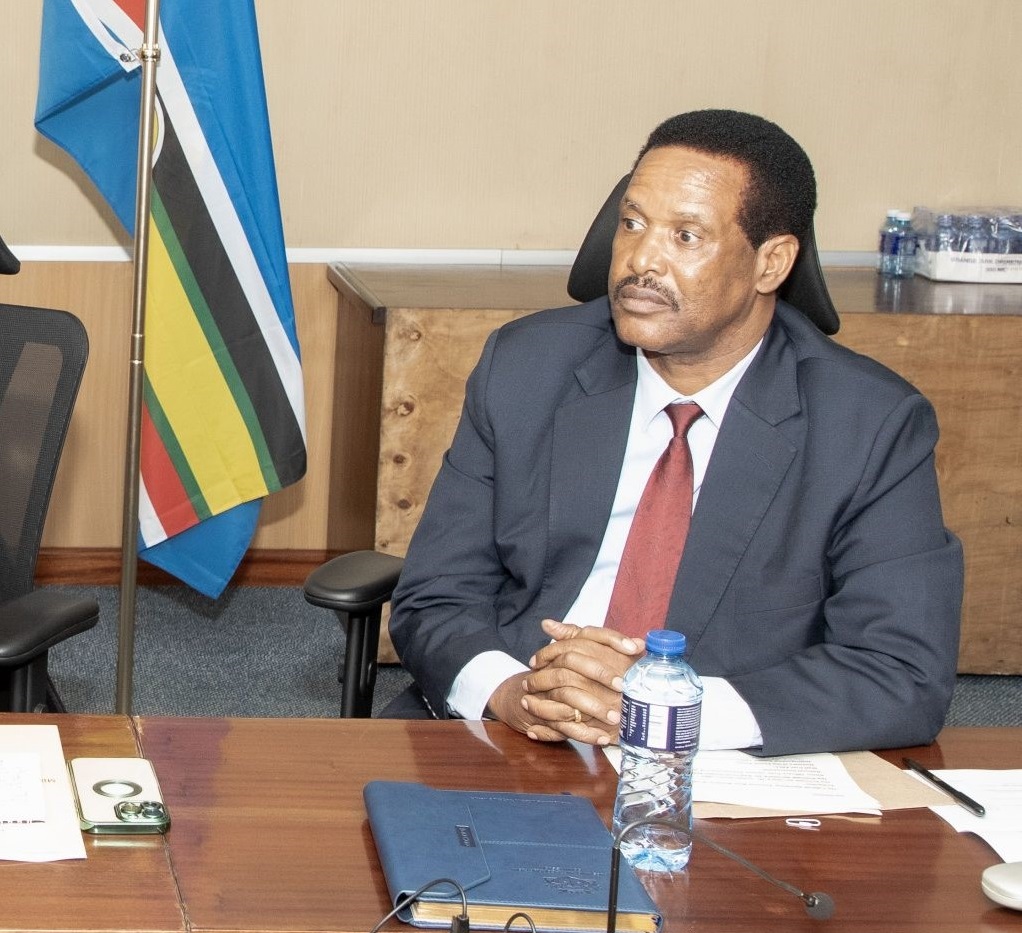We need a paradigm shift in our values systems for a morally upright society

28:03:2024: Corruption and unethical conduct remain a big challenge in the country and the EACC continues to steadfastly implement its mandate to ensure public resources are safeguarded and ethical standards prescribed by the law are adhered to, Commissioner (Rtd) Alfred Mshimba has said.
He was addressing the Christian Organizations Research and Advisory Trust of Africa (CORAT) in a consultative meeting on the `State of the Nation’ in Nairobi on Tuesday, 26th March.
Commissioner Mshimba hailed the theme of the meeting, ‘State of the Nation’, as an opportune moment for the Commission and religious leaders to come together and discourse on the integrity question in regard to leadership in Kenya. “We must,” he said, “stand up together as leaders and urge Kenyans to embrace leaders of integrity.
The elaborate anti-corruption legal framework, especially Art. 73 of the Constitution provides for personal integrity as an important factor before one is entrusted with public office be it through election or appointment. This, Commissioner Mshimba said, demands for strong partnership with organizations of good probity and moral standing such as the Religious Sector.
He promised continued working relationship with the faith based groups in the fight against corruption and promotion of integrity in leadership and expressed regrets that the country continues to witness shortfalls in leadership across the social fabric which negates the aspirations of the Constitution.
“We need to have a paradigm shift on the values that we entrench in citizens to guarantee a values-driven society. The family unit, religious platforms, learning institutions and media are some of the avenues that we need to explore with value-centric messages to entrench ethics and integrity,” he said.
Director of Ethics and Leadership, Mr. John Lolkoloi outlined in a presentation to the religious leaders the Commission’s four-pronged strategy including high-impact investigations with the personalities and value involved, and public interest as the determinant; asset tracing and recovery of both unexplained wealth and corruptly acquired assets; prevention to proactively mitigate corruption through promotion of ethics, institutional and personal integrity; and partnership to enlist and maintain strategic linkages in the fight against corruption.
EACC, Mr Lolkoloi said, entered into a partnership with the Religious Sector through a Memorandum of Understanding signed on 17th May, 2017 with the objectives to, among others, increase citizen and stakeholder engagements, and enhance leadership institutional accountability in the fight against corruption; infuse integrity education in religious programmes to guide citizens on their role in promoting integrity; and to appropriate role models and inspire citizens to embrace honest living.
The Director of Ethics and Leadership said the fight against corruption requires concerted and sustained efforts.
“While the Government continues to support and strengthen law enforcement agencies, citizens have a role to say no to corruption in all manifestations and uphold ethical values,” he said.

